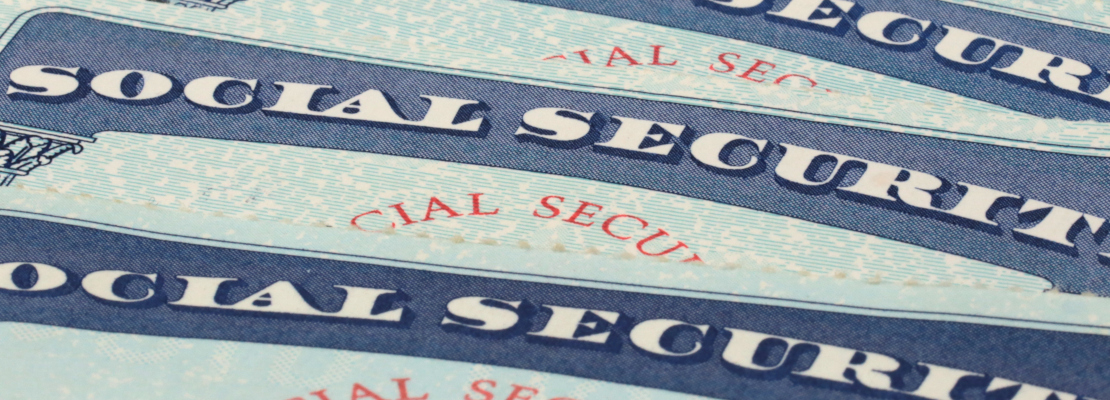Information thieves—fraudsters—are always on the lookout to steal identities
Way back in 2010, Delta Community’s first blog post was on the always important topic of the prevention of online identity theft, and this is a subject that has become even more relevant as we increase our use of online and mobile services, especially as many people are working and learning from home during the pandemic. Identity theft can be devastating for victims, as the thieves can take over any of your financial and utility accounts, your federal and state tax accounts, your health insurance, and state unemployment insurance account. There are clear clues that can indicate that someone may have stolen your personal information and are using it to benefit themselves and harm you.
What are some of the clues that your identity has been stolen?
Once an identity thief has your personal information—such as name, home address, phone numbers, credit card numbers, Social Security number, and other details about you—they can begin using it to access your accounts. You should become very suspicious if you encounter these situations:
- You notice withdrawals from your saving, checking, or other financial accounts that you don't remember.
- You are contacted by phone from your credit card provider about unusual charges that don’t fit your pattern of spending.
- Regular bills and other expected U.S. postal mail don't show up.
- Retailers and other merchants will not accept your personal checks.
- You get phone calls from debt collectors about debts that you have no knowledge of.
- You start seeing odd charges on your credit card report for purchases you don’t remember making and that you usually wouldn't make.
- Doctors and other medical service providers start sending you bills you for services you didn't receive.
- Your utility companies send you letters stating that your accounts are overdue.
- Your health care benefits plan starts rejecting your medical claims because their records show that you've already reached your annual benefits limit, and you know that you haven't.
- A health care benefits plan refuses to cover you because their medical records show that you have a medical condition you don't have.
- The Internal Revenue Service notifies you that more than one tax return was filed in your name, or that it shows income from an employer you have never worked for.
- Your state department of revenue, or a related state department that manages state taxes, contacts you via mail to tell you that you owe significantly more state taxes because an identity thief filed to collect state unemployment benefits in your name—and state unemployment benefits are taxable.
- You get notice (usually via U.S. mail or email) that your personal information was exposed by a data breach at a company that you have a relationship with.
Tips that could help prevent identity theft
Identity thieves are cunning and relentless; they are always thinking of how to get your personal details without your knowing about it. It's vital to be vigilant and assume responsibility for protecting your personal information. Here are a few tips that may help prevent identity theft from happening to you:
- Read your credit card and financial account statements carefully every month and look for anything that seems odd, such as unusual transactions or a pattern of them.
- Arrange for your credit card company and financial institution to send you account status alerts every day—or for every transaction—by email or text message.
- Know your regular payment due dates for your accounts.
- If a bill doesn't show up when you expect it, investigate it by contacting the sender.
- Read your health insurance plan statements carefully for any unknown services and health care providers.
- Make certain that the health benefit claims that were paid match the health care you received.
- Shred all documents with personal and financial information before throwing them away—purchasing a shredding machine may be a prudent investment.
- Review each of your three credit reports from the major credit reporting agencies (Equifax®, Experian™, and TransUnion®) at least annually by using the easy and free Annual Credit Report service that's authorized by federal law.
- Don't reveal any personal information on social media accounts such as birthdays or email addresses.
Here's a bit more about personal information security and online safety
The U.S. Federal Trade Commission has useful suggestions on how to keep your personal information secure. We also have a number of blog and security posts on managing online personal security:



